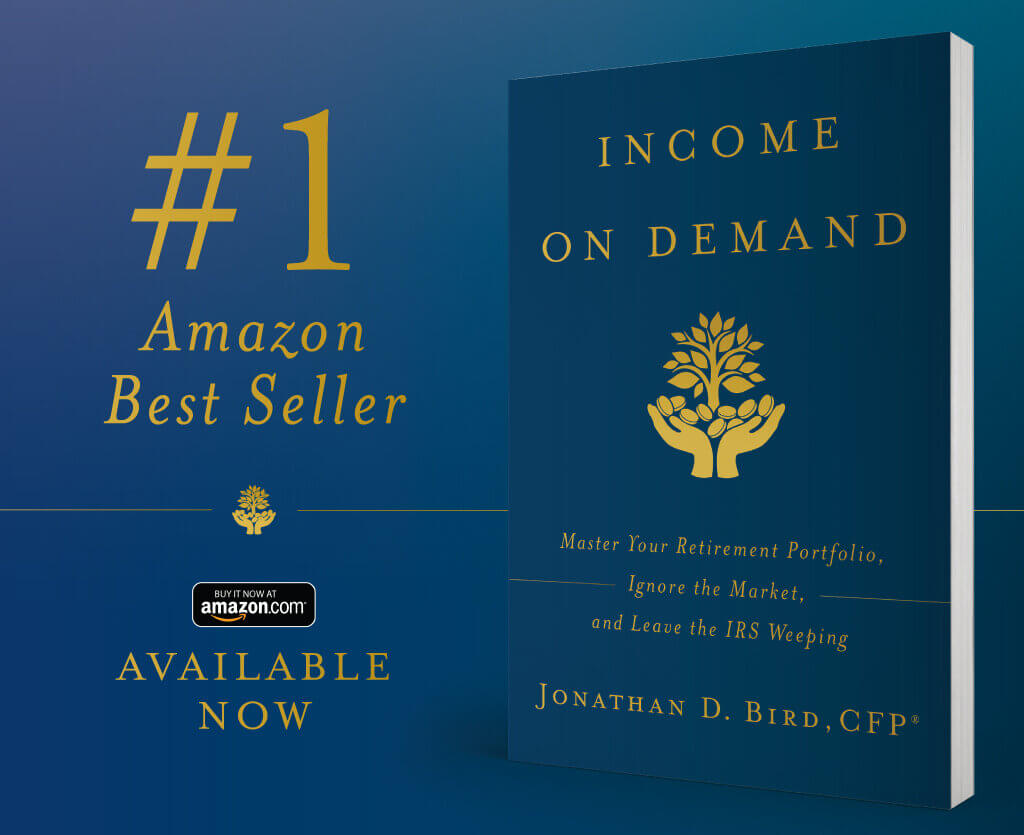An index is simply a list of companies like the Dow Jones or S&P 500. An index fund is a product that tracks that list. It can take the form of either an ETF or a mutual fund. I will briefly explain their similarities and differences.
Same: Both an ETF and a mutual fund are a kind of basket that can hold stocks or bonds. Both an ETF and a mutual fund have a net expense ratio, which amounts to an ongoing cost of ownership.
Different: An ETF trades like a stock. A mutual fund trades once per day after the market has closed.
When picking stock funds for a taxable account, as opposed to a retirement account, it is almost always more tax advantageous to choose an ETF instead of a mutual fund.
The reason for this is because mutual fund capital gain distributions can cause you to pay taxes on the decisions other people make. Why? Because when an investor sells shares in a mutual fund, the fund has to sell the underlying shares of company stock that were inside your mutual fund shares. If the market has gone up, the fund recognizes a capital gain on the sale. After the mutual fund has sold the share, it distributes the cash to your account. But the capital gain distribution doesn’t just go to you- it goes to everyone in the fund which can create unforced taxes for every shareholder.
ETFs are structured differently. When you buy or sell an ETF share, you’re not selling the underlying companies inside the share. You’re simply trading the share itself with another buyer or seller on the stock exchange. Because the ETF doesn’t have to sell the underlying stocks, there are generally no capital gains generated to be distributed among all the shareholders. As a seller, you’re only responsible for the capital gains generated by your own sale.
Whether you’re looking to use the income-on-demand strategy with your own individual stocks or an index fund, be aware of your total expenses and try to keep them low. Make sure the size of your stock investment is aligned with the needs and solutions identified in your financial plan.
Want to learn more about how to gain peace of mind with your investments?
Check out my book Income on Demand on Amazon to build your financial castle.
Contact Us to learn more about how Farnam Financial can help you achieve your goals.
Jonathan Bird, CFP®
Farnam Financial LLC (“Farnam”) is a registered investment advisor offering advisory services in the State of Arizona and in other jurisdictions where exempted. Registration does not imply a certain level of skill or training. The presence of this website on the Internet shall not be directly or indirectly interpreted as a solicitation of investment advisory services to persons of another jurisdiction unless otherwise permitted by statute. Follow-up or individualized responses to consumers in a particular state by Farnam in the rendering of personalized investment advice for compensation shall not be made without our first complying with jurisdiction requirements or pursuant an applicable state exemption.
All written content on this site is for information purposes only. Opinions expressed herein are solely those of Farnam, unless otherwise specifically cited. Material presented is believed to be from reliable sources and no representations are made by our firm as to other parties’ informational accuracy or completeness. All information or ideas provided should be discussed in detail with an advisor, accountant or legal counsel prior to implementation.





